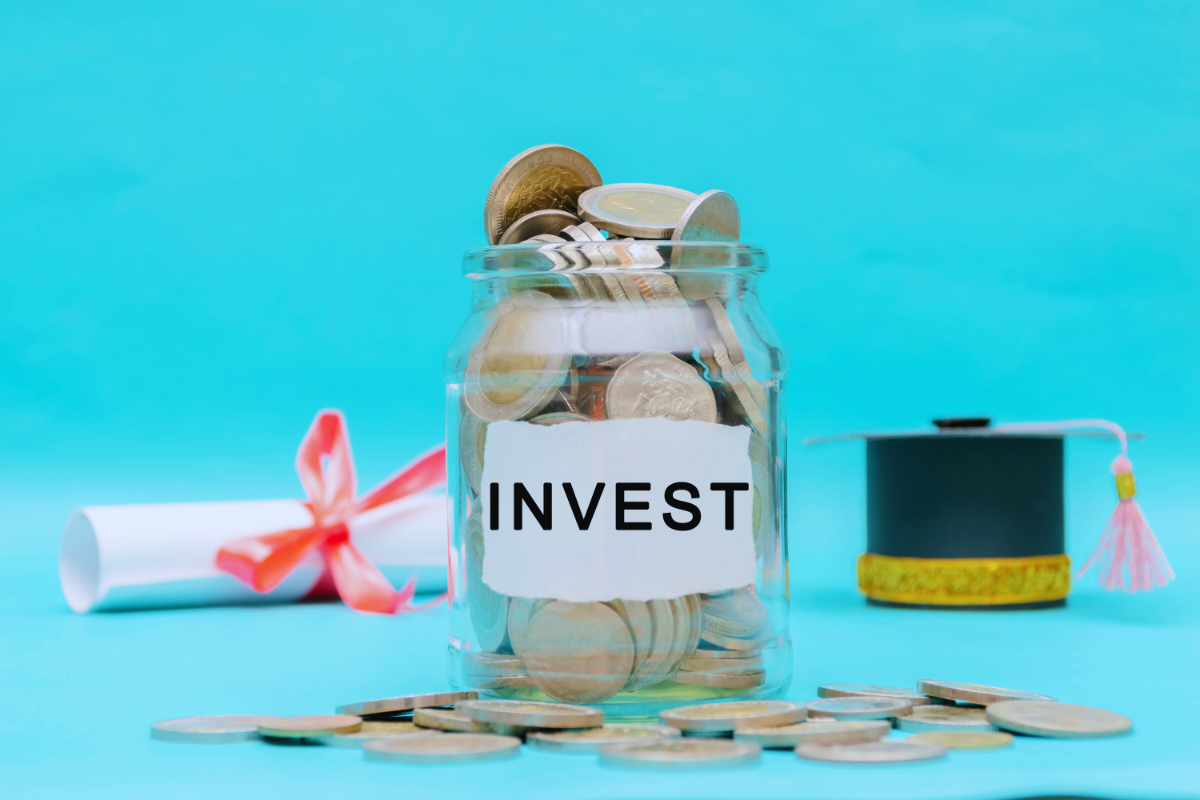The importance of investing in financial education in January
Starting the year by investing in financial education can make a big difference in your personal and professional life. The importance of investing in financial education in January lies in the fact that this is a month of planning, ideal for establishing new goals and habits that will help you manage your money better throughout the year.
Financial education provides you with the tools you need to make informed decisions about your income, expenses, savings, and investments. In January, many people face financial challenges due to accumulated expenses during the holidays. This is the perfect time to learn how to manage these situations, prioritize your financial goals, and avoid falling into unnecessary debt.
A key aspect of financial education is learning how to create and follow a budget. Knowing how to manage your income and allocate a portion to savings gives you control over your finances. In January, you can use this skill to assess your current situation, identify areas for improvement, and start the year with a solid plan that will help you achieve your financial goals.
Another important benefit of investing in financial education is understanding how savings and investment instruments work. Learning about savings accounts, mutual funds, or even retirement strategies can help you build long-term wealth. January is a great time to start, as you have the entire year ahead of you to implement what you’ve learned and see significant results.
Financial education also teaches you to recognize and avoid common mistakes, such as spending more than you earn or failing to plan for unexpected events. By investing in financial education, you can develop a preventative mindset that allows you to anticipate financial problems and make smarter decisions.
In addition, financial education fosters discipline and responsibility in managing money. These skills are essential not only for your personal finances, but also for your relationships and professional projects. By starting the year with this investment in your knowledge, you will be laying the foundation for a more stable and successful future.
Investing in financial education doesn’t always mean spending money. There are numerous free resources available, such as books, podcasts, online workshops, and apps that can help you improve your understanding of the topic. The important thing is to take the initiative and commit to your learning.
In conclusion, the importance of investing in financial education in January cannot be underestimated. This is a key time to reflect on your financial habits, acquire new skills and establish a plan that allows you to achieve your short- and long-term financial goals.

